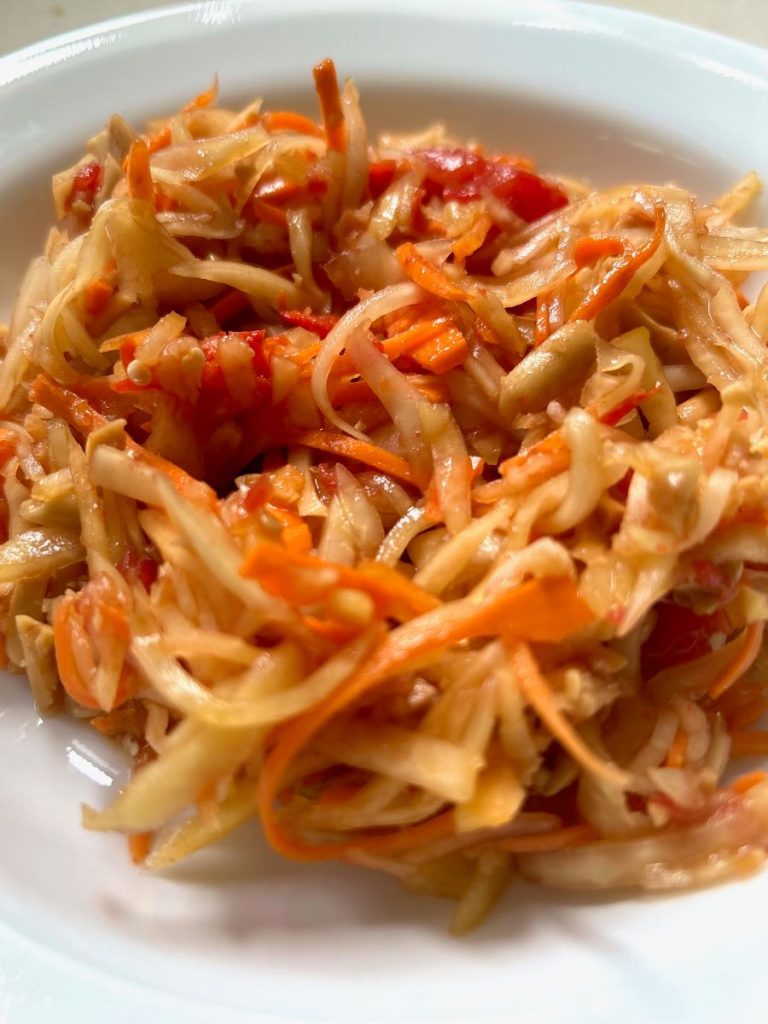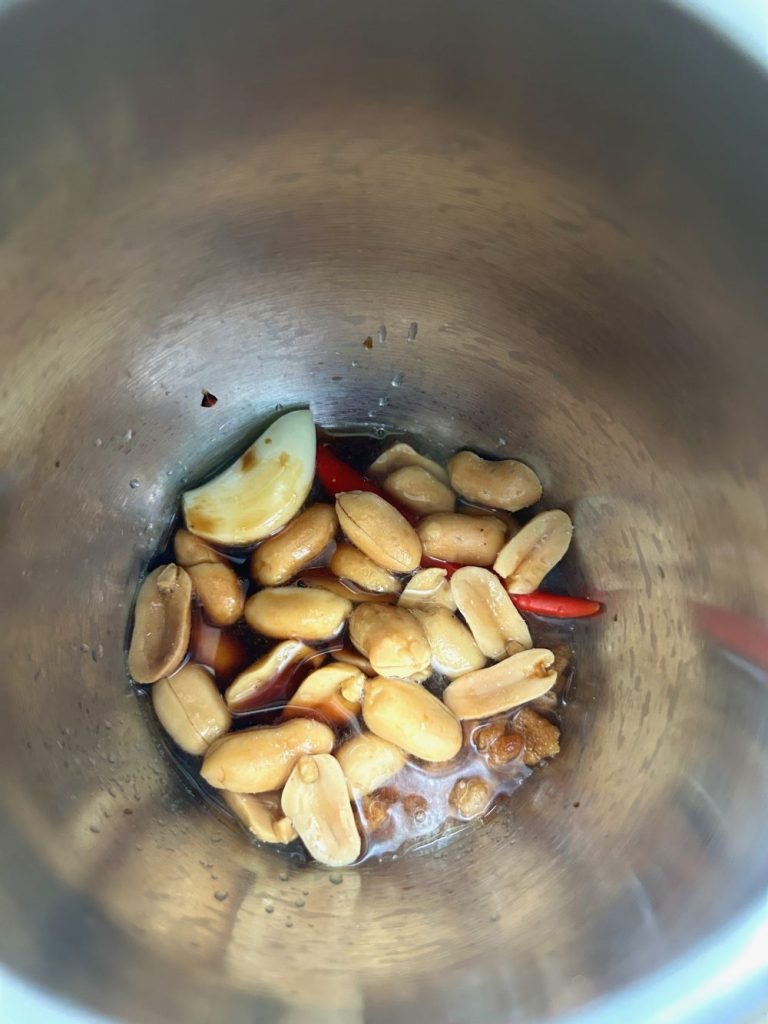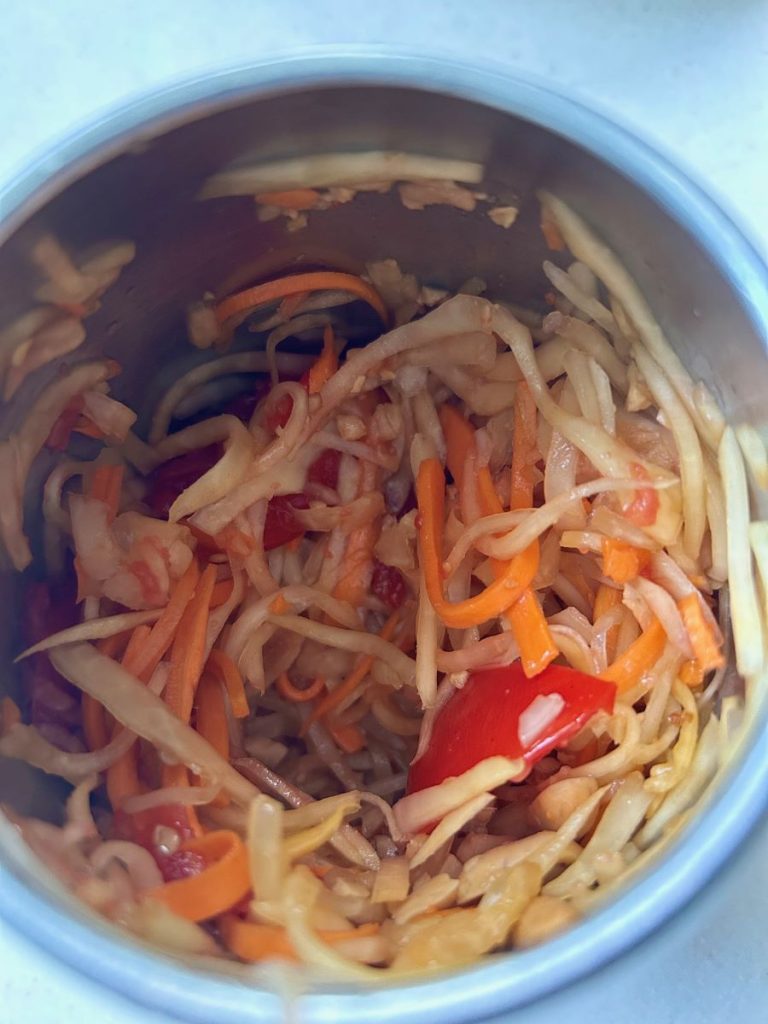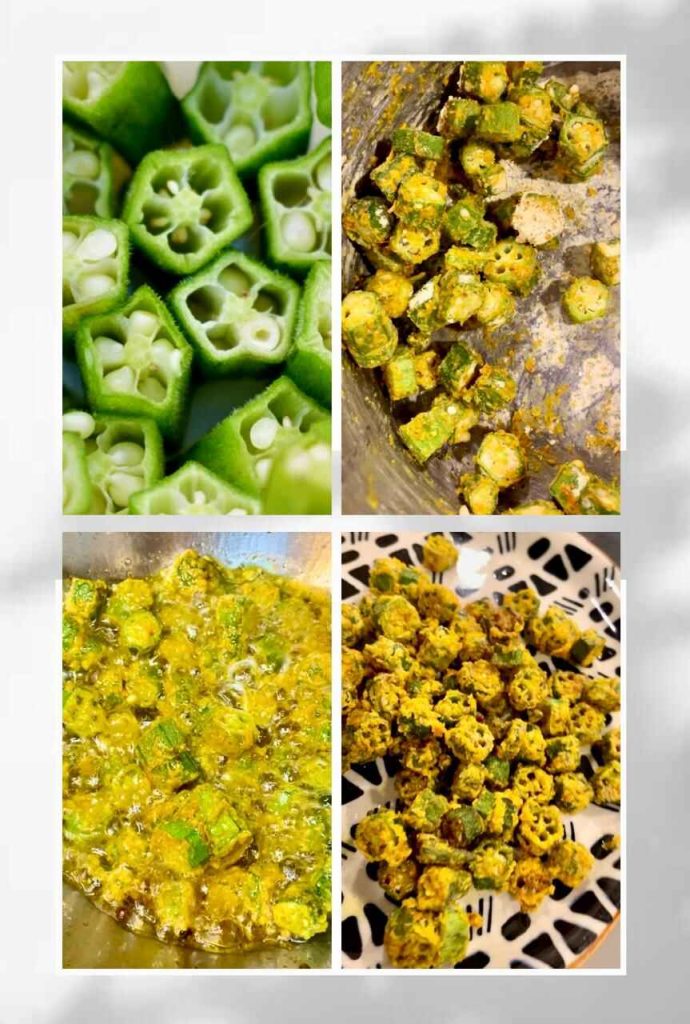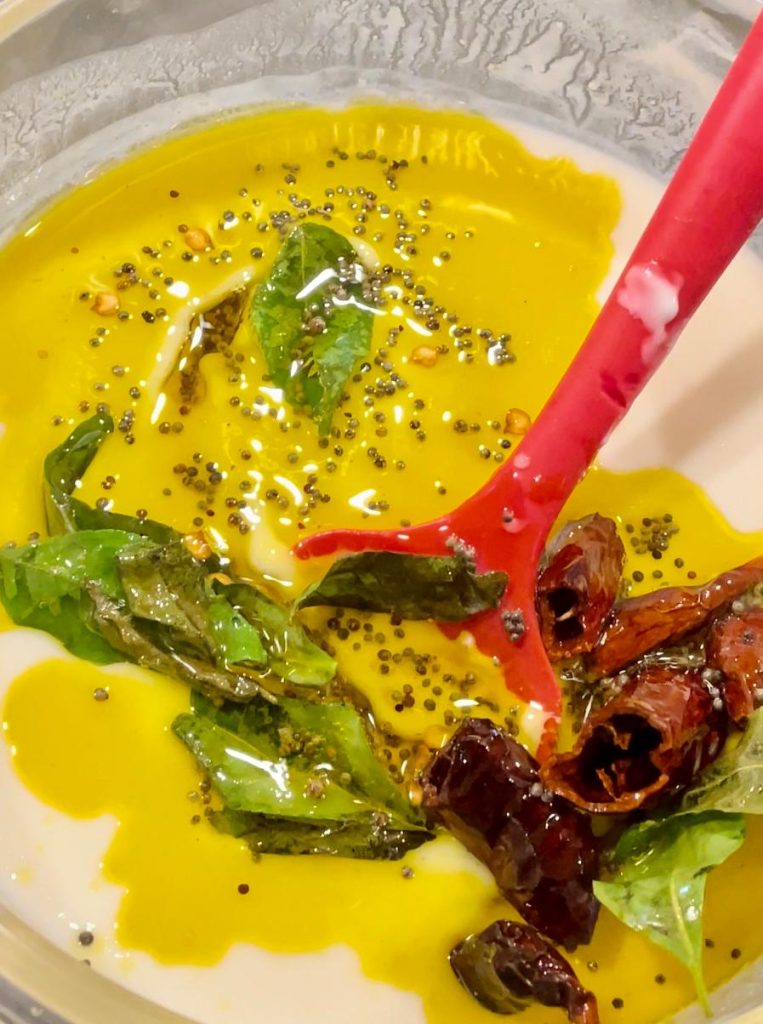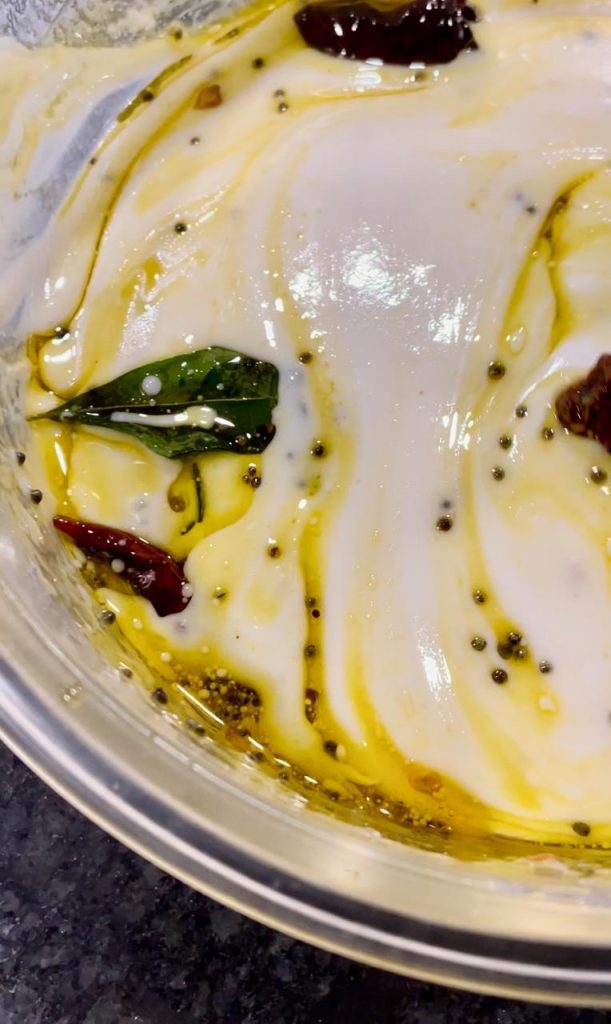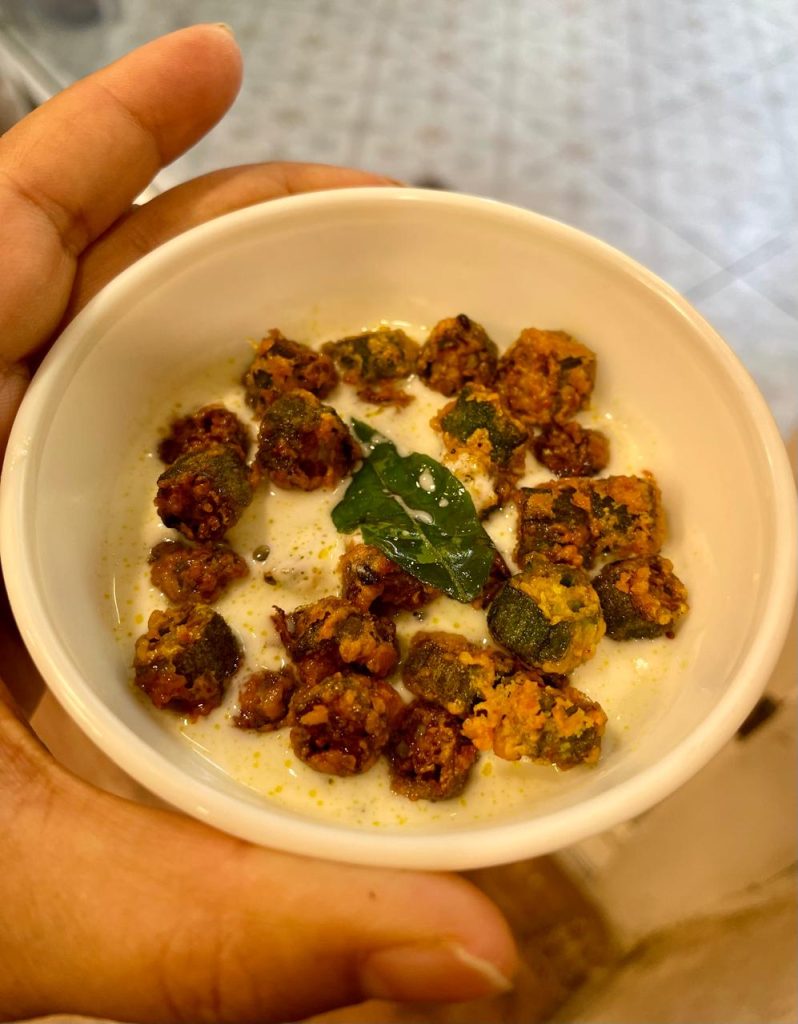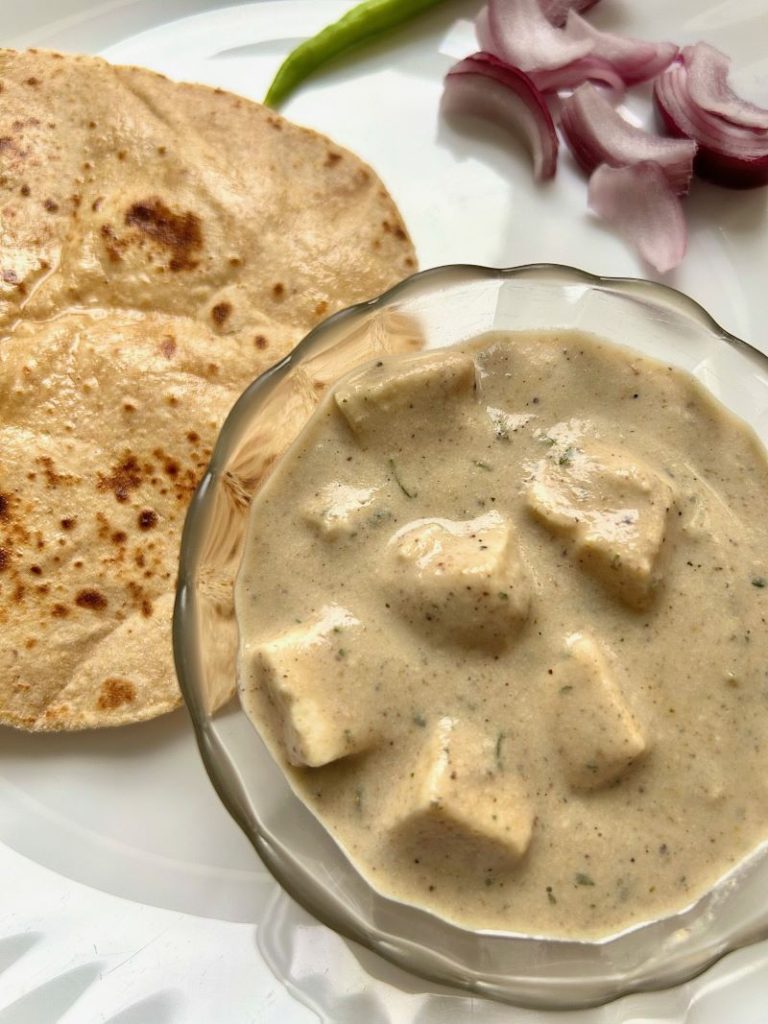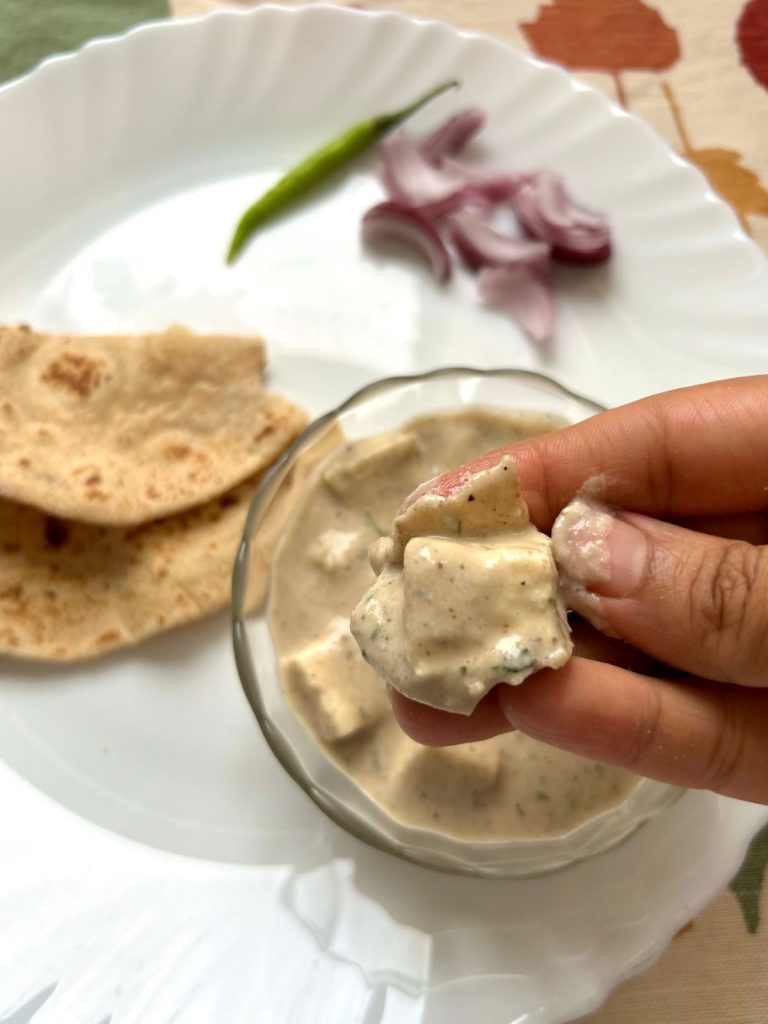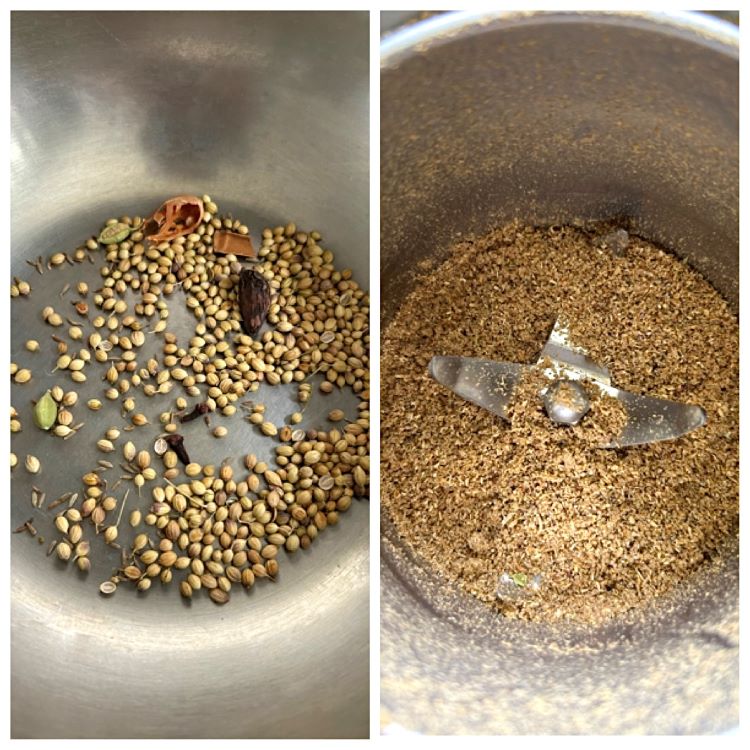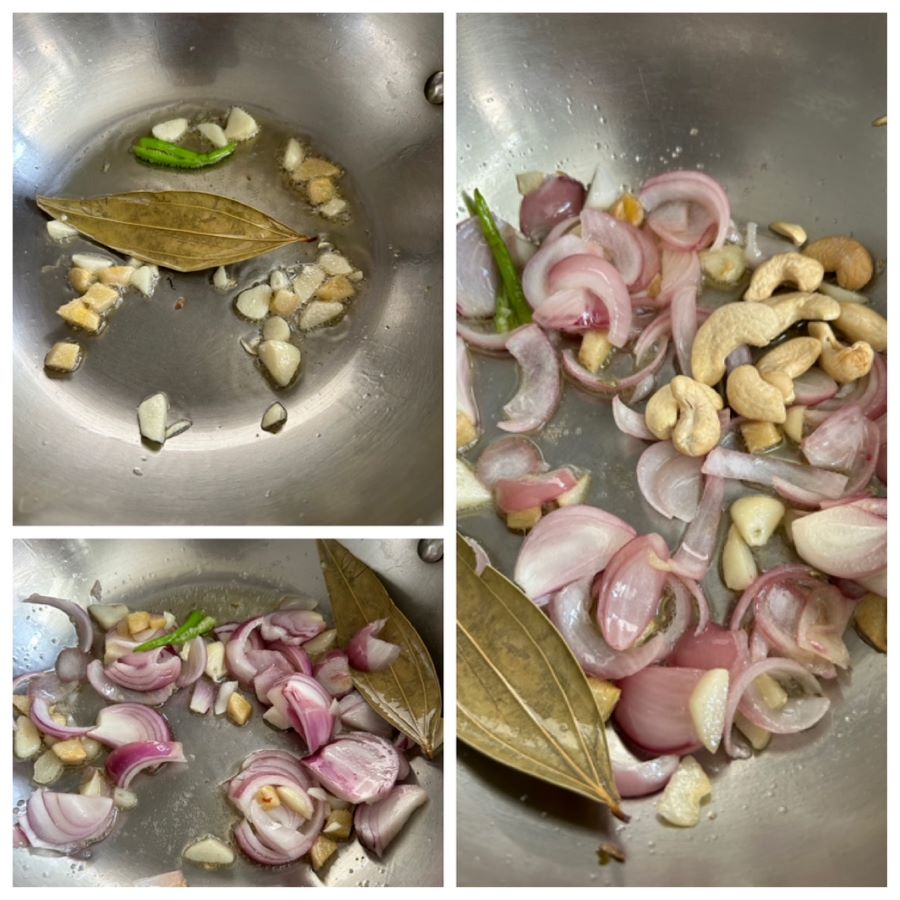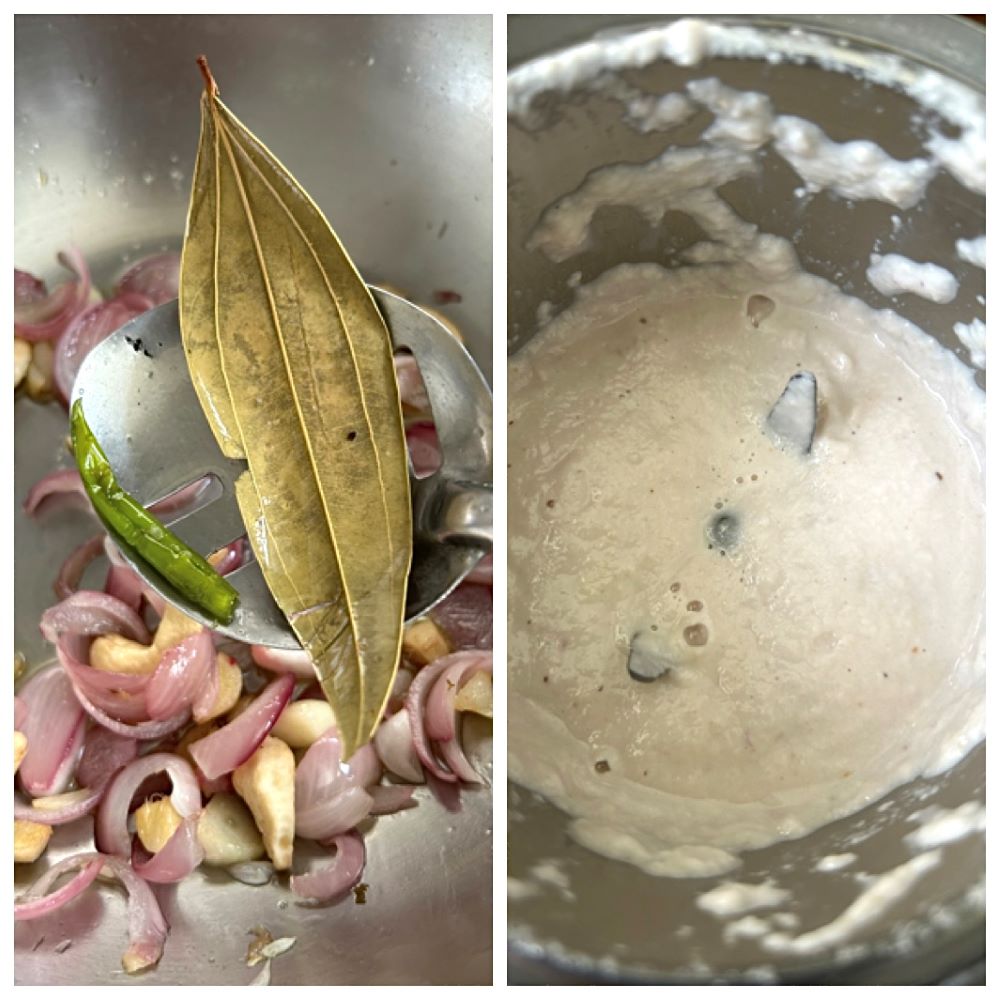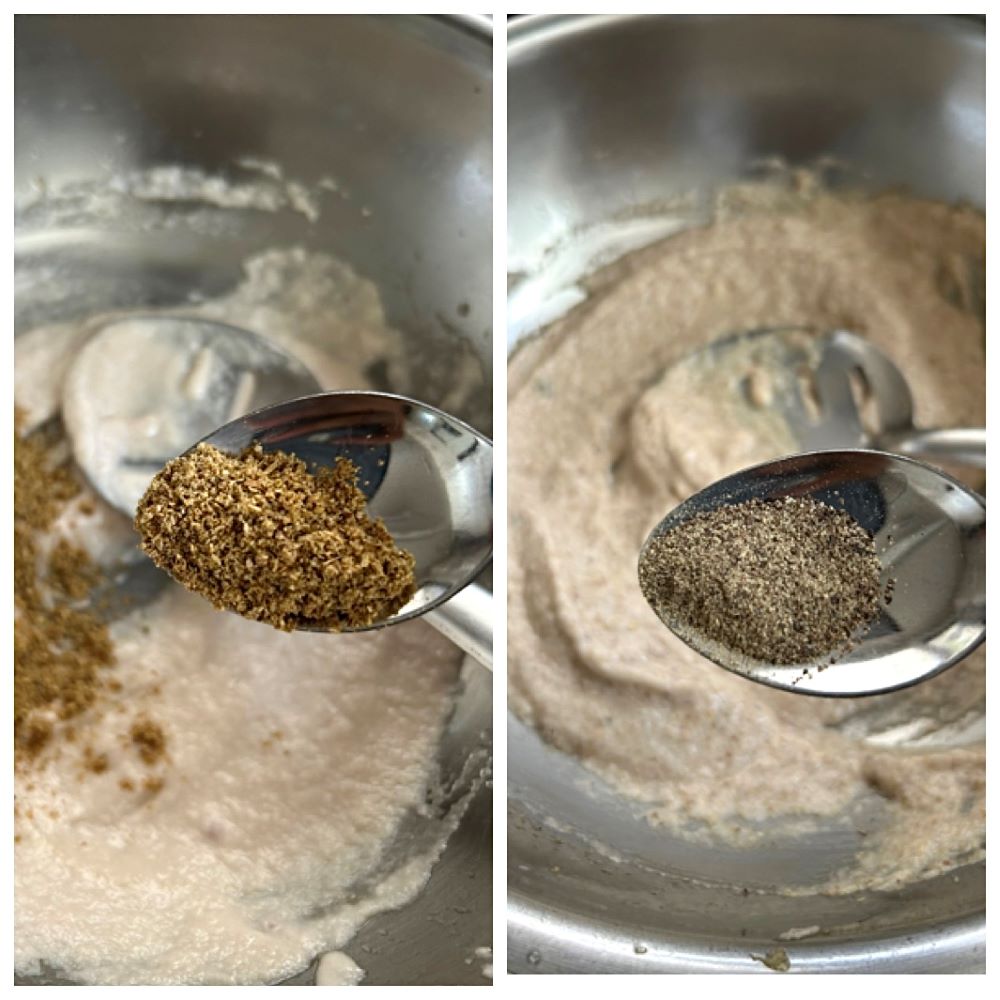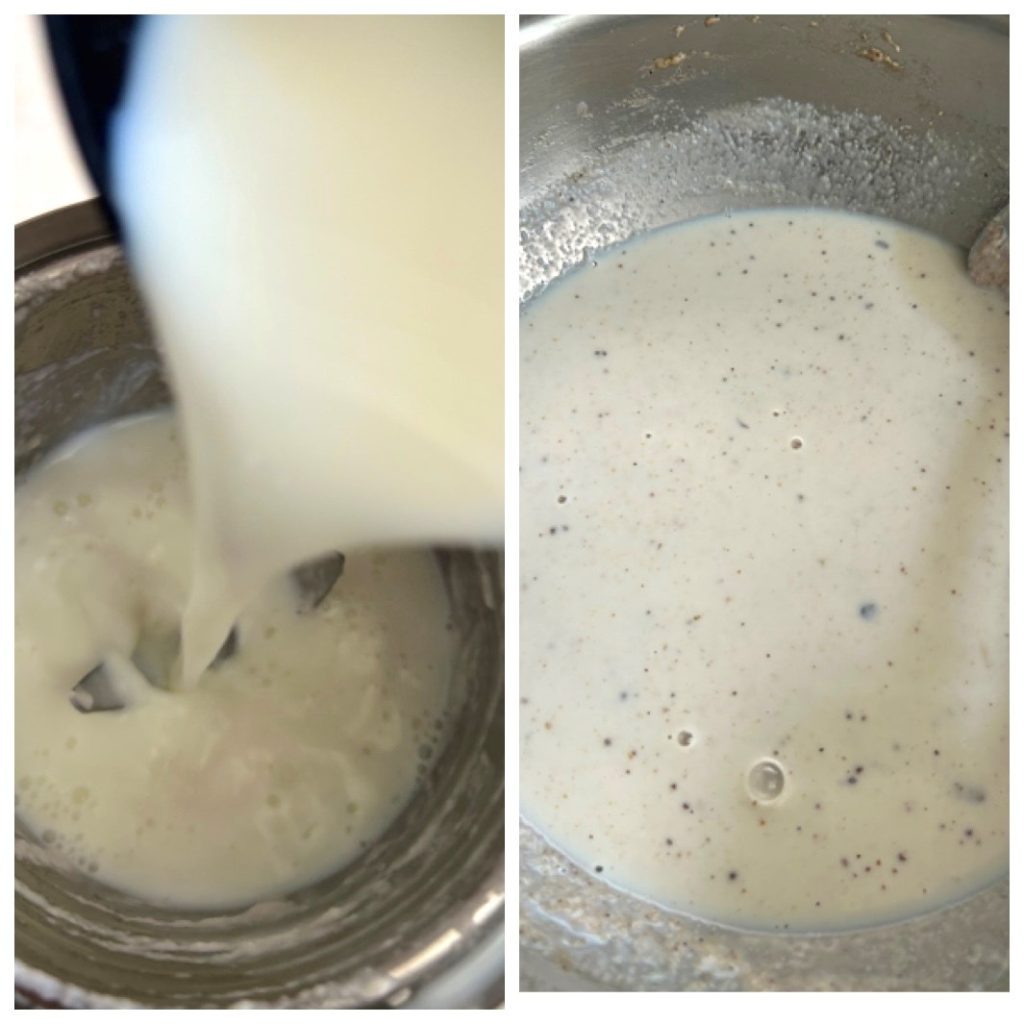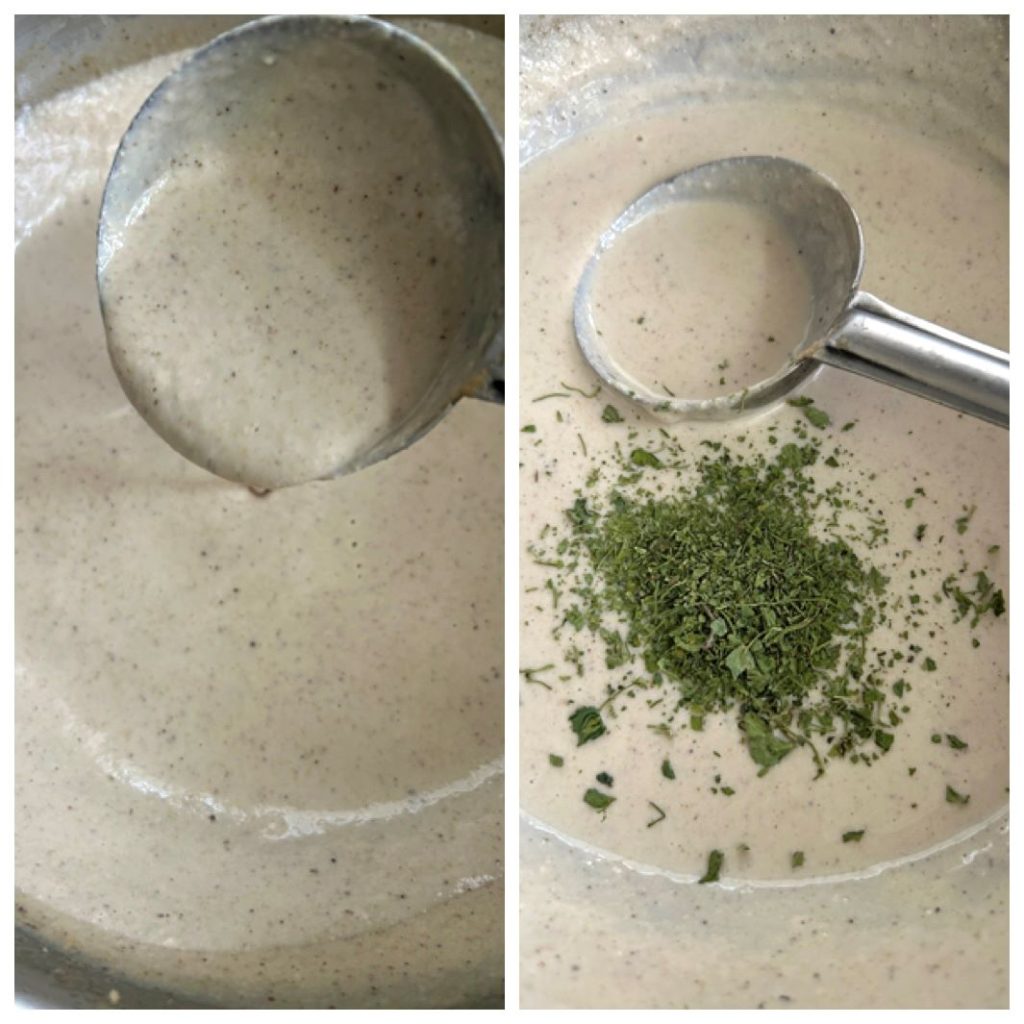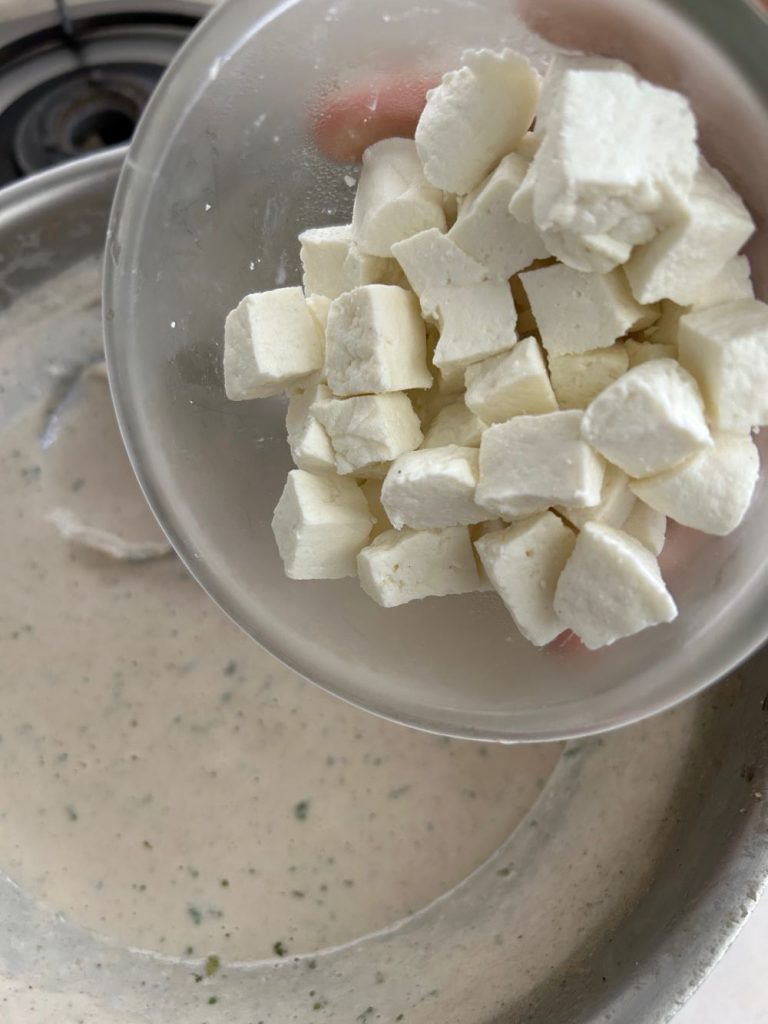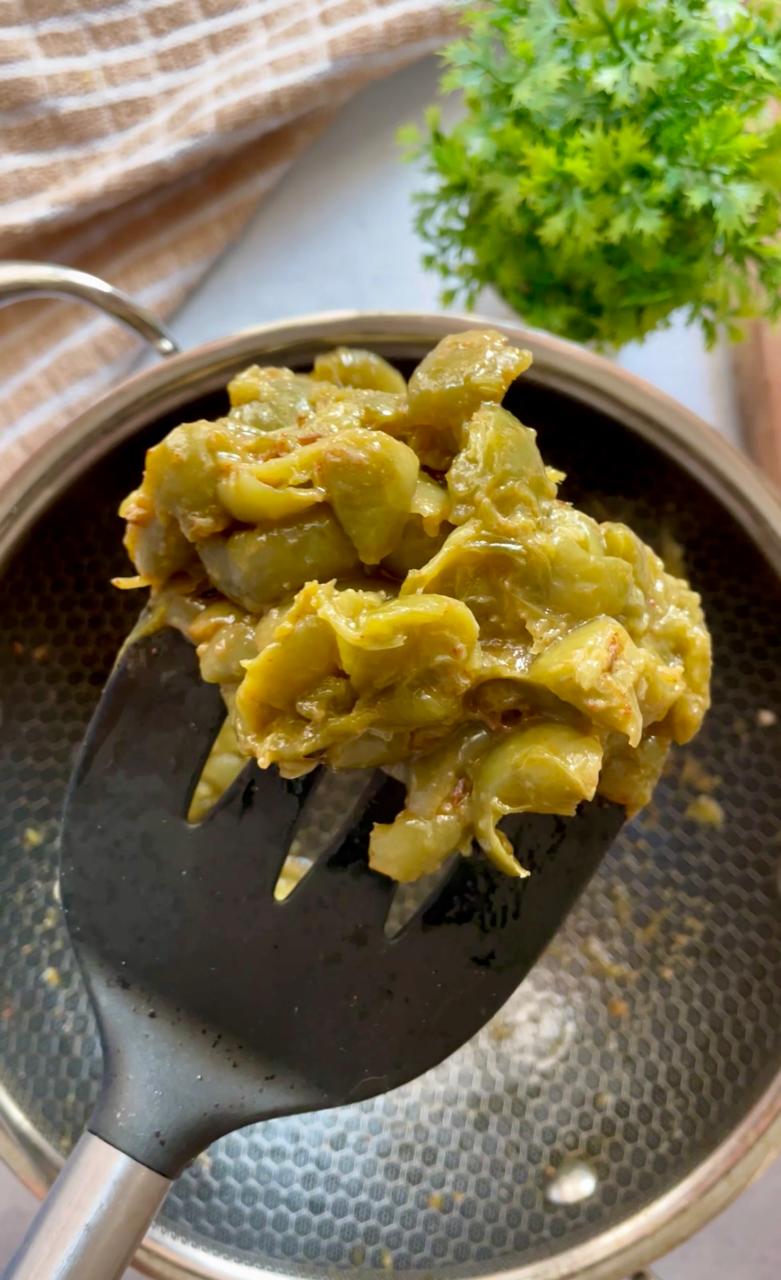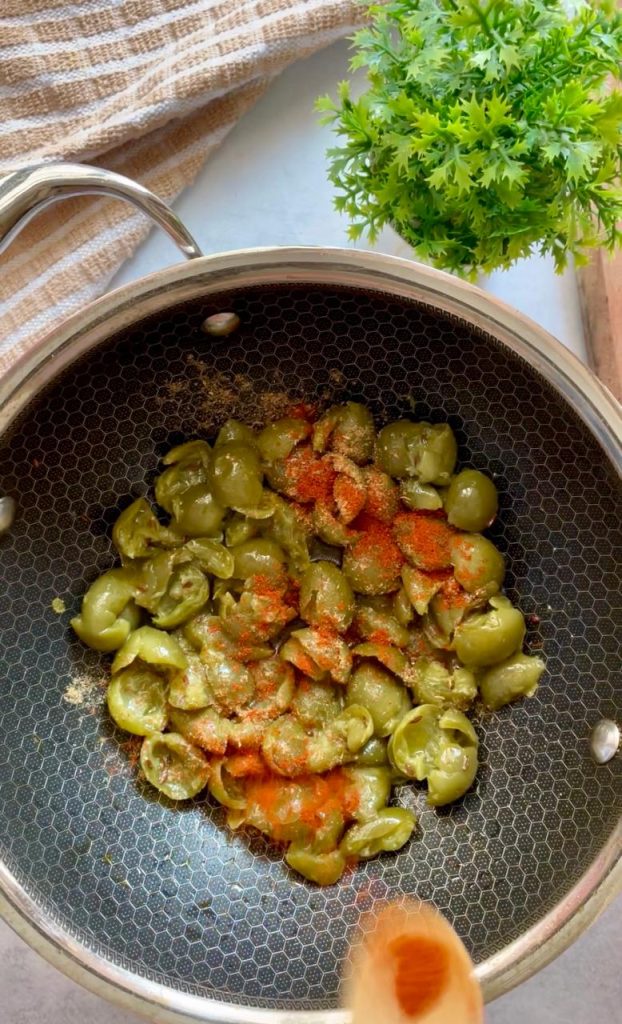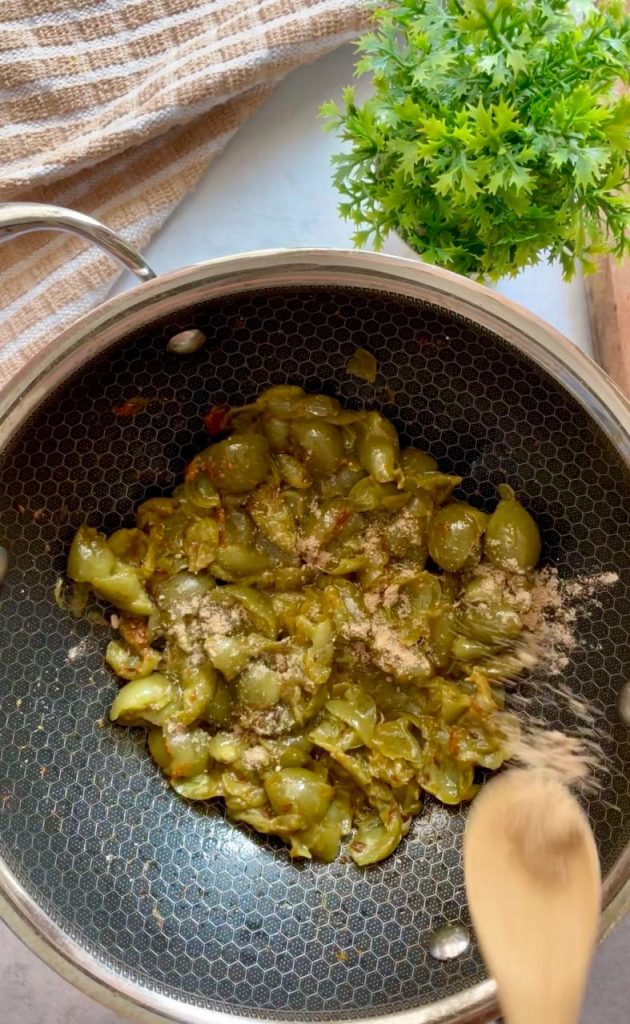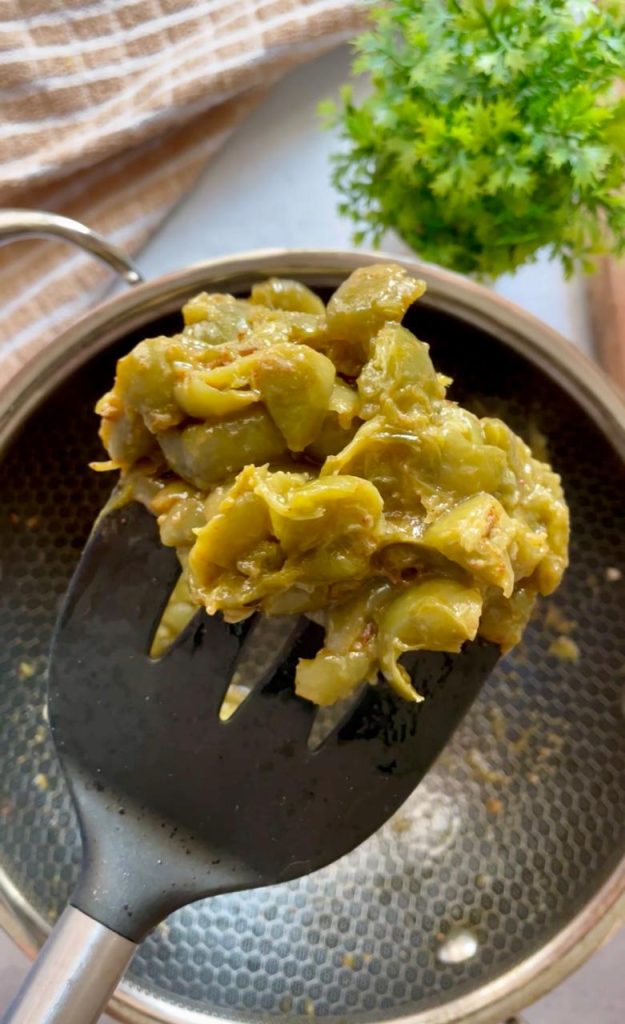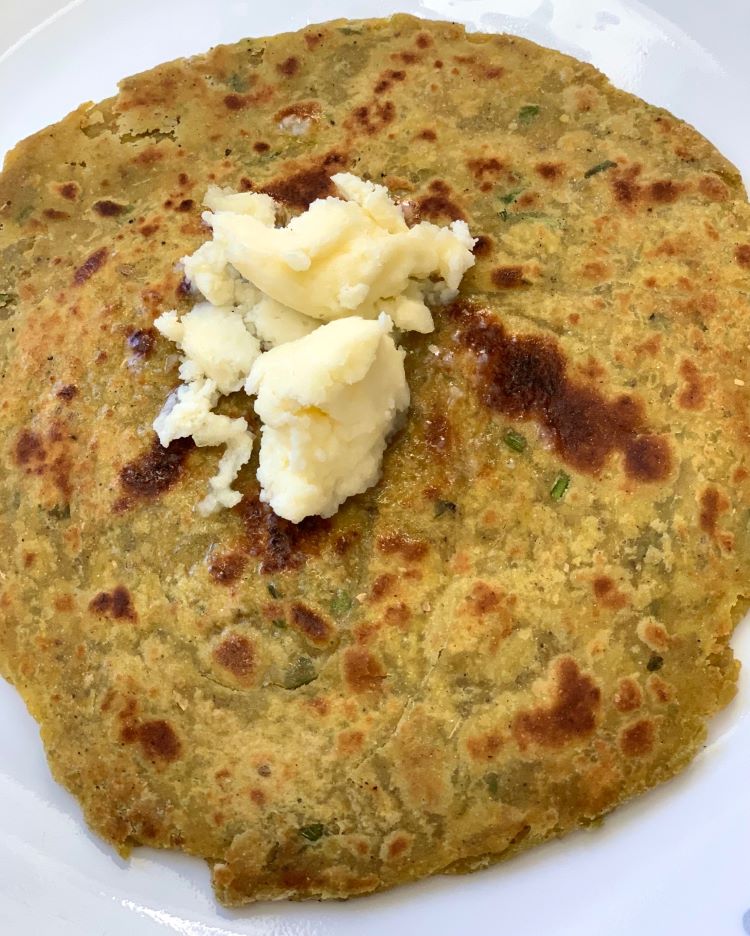
This recipe came into being when my then 4 year old suddenly one day decided that he hates green peas. Toddlers and their tantrums! But seeing the nutritional profile of peas, I wanted to make him feed peas in some form. I know, all mothers have gone down that lane atleast once where we are finding ways to hide such nutritious vegetables into our child’s meal.
I finally found this perfect way to make him have peas. He absolutely loves this parantha. But now that he is 10, the difference is that he now knows that this is Peas Parantha and sometimes requests for it too. He still hates peas in its whole form though. 🙂
This Parantha tastes extremely good and is perfect for toddlers. Your little one will enjoy the mild soothing flavour derived from apt spices and easily chewable texture. The natural sweetness from peas and corn is very well balanced with mint and spices.
Peas I think are quite under-rated. It is not actually a vegetable but a small, edible legume and belong to the same family. They are rich in fibre and one of the best plant sources of protein. Always remember when it comes to nutrients, quality over quantity will always win. They are also a useful vegan source of iron. Just 80 grams of green peas can give almost 6 grams of superb quality protein and 1.2 mg of iron.
The combination of sweet corn kernels with peas is quite different and delectable. Sweet corn gives its own creaminess and milky sweet taste to this parantha and mint leaves not only adds that much needed freshness but also is an absolute MUST in summers to keep the digestive system cool.
Let’s see how we can make these parantha for our little picky eaters 🙂
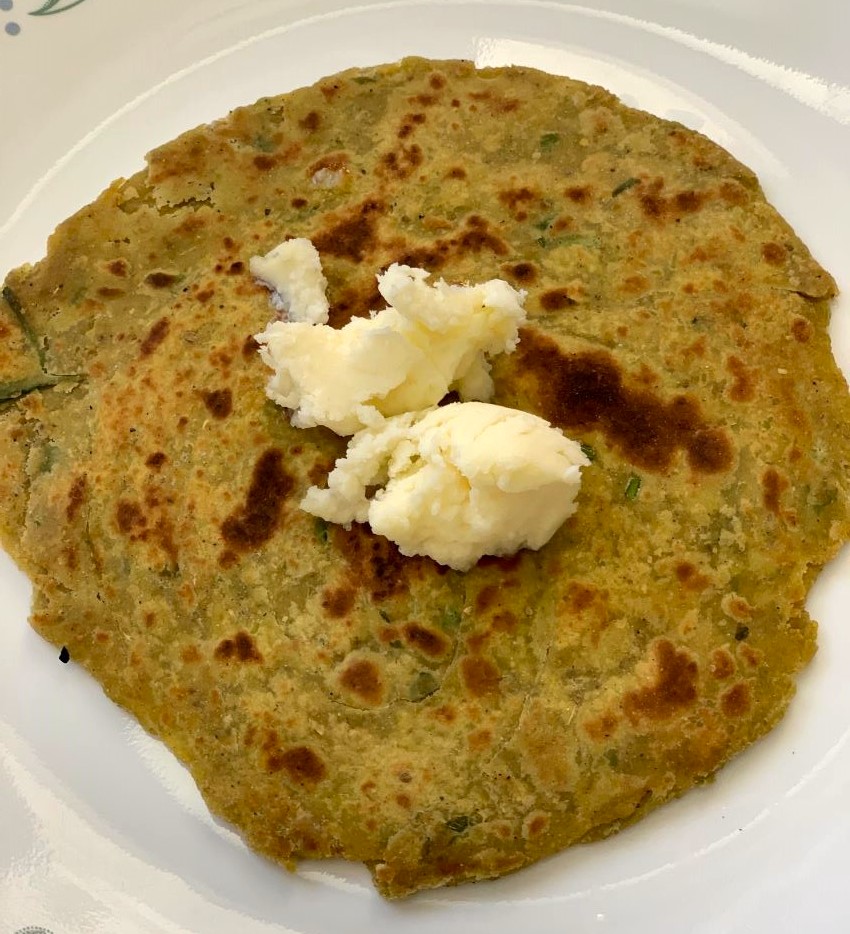
Recipe: makes 3 Paranthas
Ingredients:
- Green Peas: 1/2 cup, boiled or steamed
- Sweet Corn Kernels: 1/4th cup, boiled or steamed
- Whole wheat flour: 1 cup
- Mint leaves: 1/4th cup
- Ginger: 1/2 inch
- Roasted Cumin Powder: 1/4th tsp
- Black pepper: as per taste
- Salt: as per taste
- Coriander Powder: 1/4th tsp
- Garam Masala: a pinch (optional)
- Caraway seeds/Ajwain: a generous pinch
- Ghee for cooking and dough
Instructions:
- In a large plate or bowl take wholewheat flour. Add salt, blackpepper, roasted cumin powder, coriander powder, garam masala, ajwain and 1 tbsp desi ghee.
- In a blender, add boiled/steamed peas, corn, mint leaves and ginger. Blend to a smooth purée. Use a little water to get a smooth purée.
- Add the purée to the flour and knead the flour using the purée. Make a soft dough.
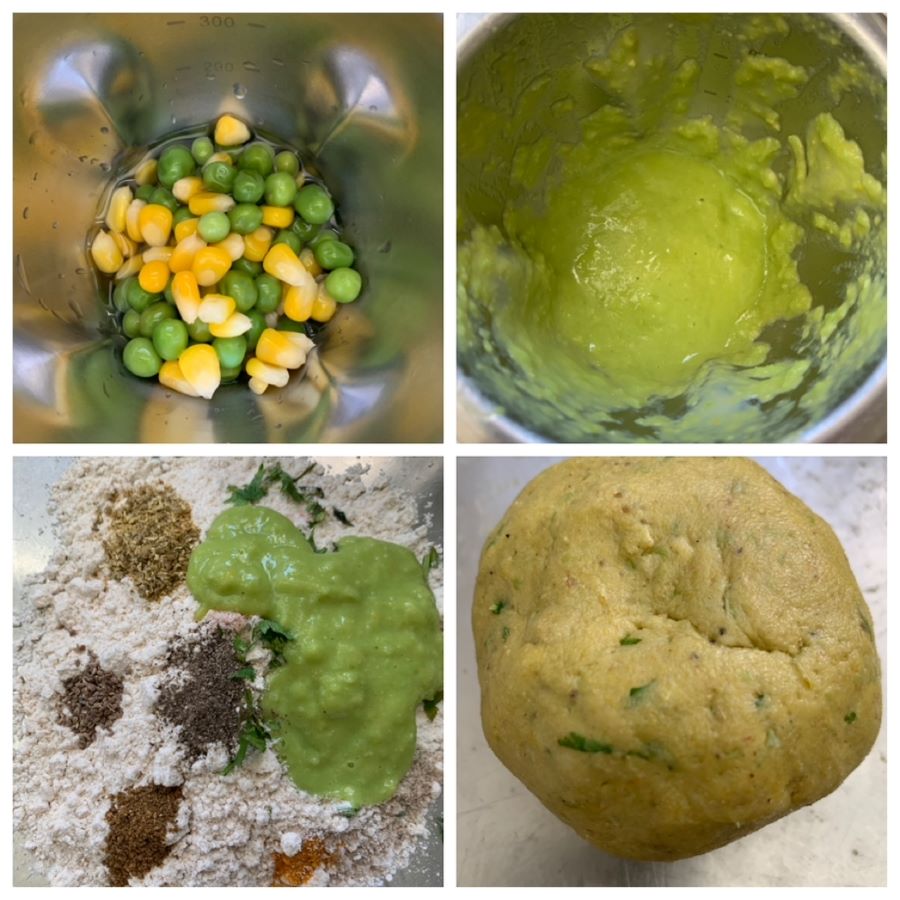
- Cover the dough and let the dough rest for 10 mins. Then make small balls and roll it with a rolling pin to the shape and size you want.

- Heat a tawa and place rolled parantha over it. Drizzle oil or ghee after it gets half cooked and cook both sides using ghee till golden brown.
- Serve with dollop of homemade butter and loads of love. ❤️
Always serve homemade butter to your child and never store-bought one. Know why you should not give store-bought butter to your child and how to make homemade butter here- Is Homemade Butter really Worth the Effort?
Notes:
- If you are boiling peas and corn then do that in minimal water and use the water to make the purée. Do not let the nutrients get washed away down the drain.
- Do not cook parantha on low flame for a long time. It will make harder or crisp paratha which kids don’t like.
- You can use frozen peas for this recipe but remember fresh will always taste better.
- Do not skip adding caraway seeds or ajwain in your child’s parantha. They are excellent for digestion.
Do try out this recipe for your child. I am absolutely sure your child will enjoy it. More than your child I am sure you will enjoy watching your child gobbling down such healthy stuff. 🙂 Do let me know in the comments if you do. Would love to know how your child liked it.
Happy Feeding!


